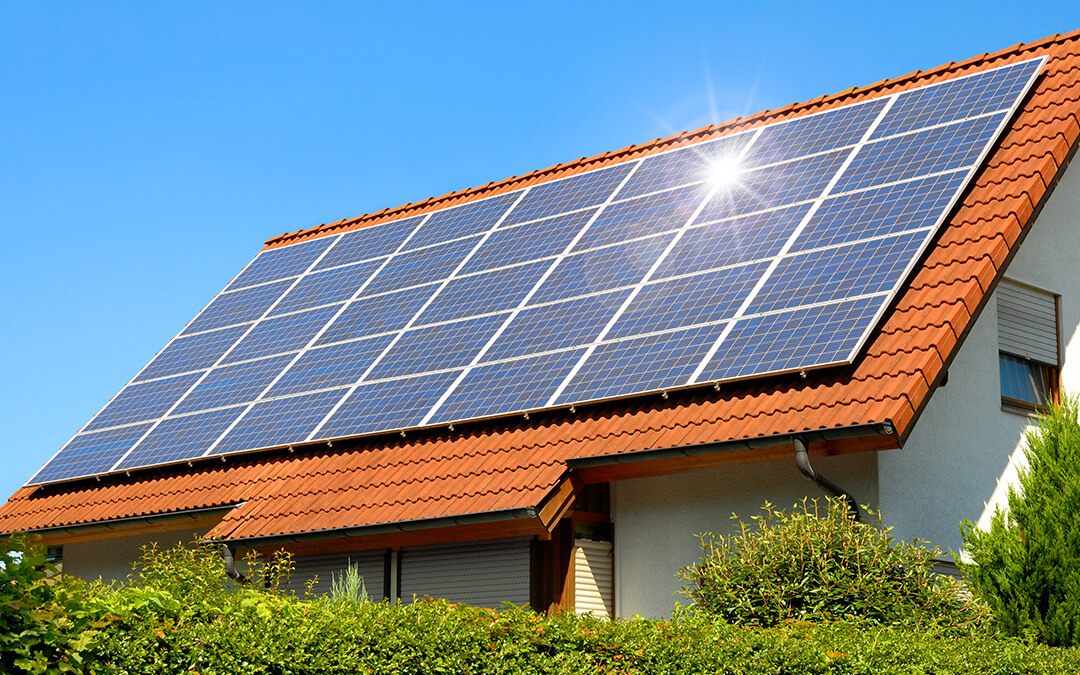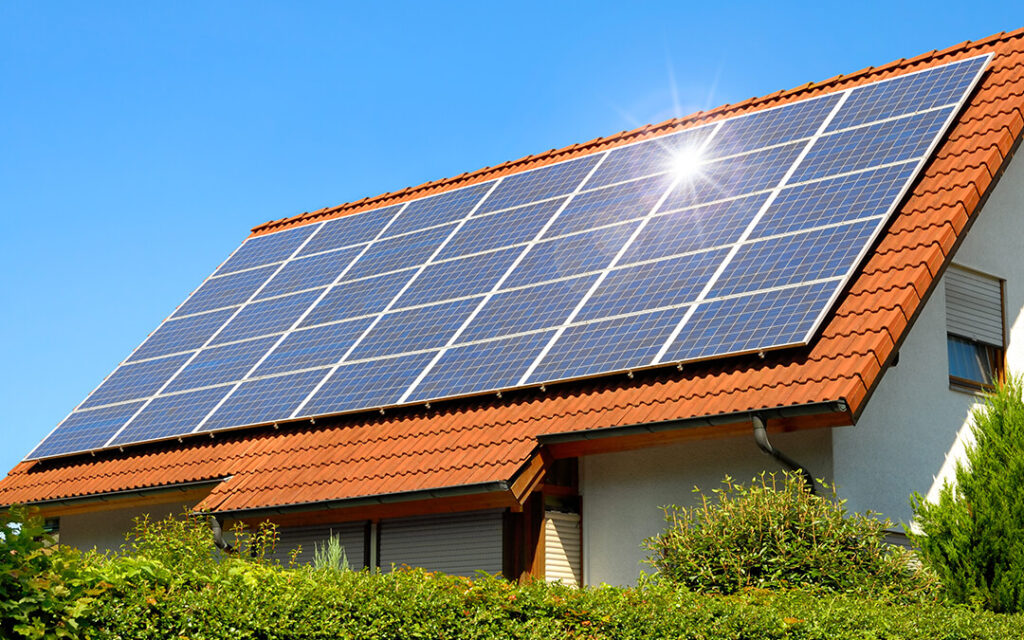The concept behind solar panels is simple. Harness energy from the sun, and use it to produce electricity. For years, research and advances in technology support that fact. Solar energy is an exciting way to reduce your carbon footprint. Over time, engineers have developed solar technology, making it easy to attain for everyday use. If you’re a homeowner looking to invest in this environmentally friendly solution, you probably have some questions. Here are some solar panel basics, that will bring you up to speed with the latest clean energy trends.
Solar panel background
To start, the solar panel industry relies on technology to effectively harness energy from the sun’s rays. In the 1800s, scientists first discovered that light could be a potential power source. Eventually, in the mid 1900s solar cells were invented. Since this revolutionary invention, there have been great advances in solar panel technology. Interestingly, a solar panel is made up of several photovoltaic cells. Photovoltaic is a big word that means sunlight is converted into electricity. These cells are usually made out of silicon. They convert sunlight into electricity using electric fields. Photons, or light particles, free the electrons in the electric field. These electrons are gathered by metal conductive plates and transferred to wires. These are the wires that carry the electricity to your home for everyday use.

Monocrystalline or polycrystalline?
Installing high quality solar panels will make all the difference in energy efficiency and panel durability. There are different models of solar panels available. Most commonly, crystalline silicon is the material used to manufacture solar panels. It’s known for being stable and reliable. One option, is monocrystalline silicon solar cells. These solar panels are made out of really high quality silicon that makes it more efficient and more expensive. On the other hand, polycrystalline solar panels use simpler silicon. Also, they don’t waste as much silicon material. However, each of these solar panels is engineered for minimal maintenance and a long service life.
Extra energy outputs
In addition, the effectiveness of your solar panels can be supported with a battery. Batteries are connected to some solar panel units to store energy. But, not every solar panel system needs a battery. The batteries serve as a back up to hold the excess energy produced. Battery type depends on how much you can afford. Of course, if you purchase a battery that’s too small it can be dangerous.
Solar panels that are not connected to a battery are connected to a grid to transfer the extra energy that is produced. This energy is filtered into a utility grid where other electricity consumers can benefit. You get the advantage of having a storage outlet for your electricity and your neighbors benefit from your contribution to the power grid.
Questions, Answered
In conclusion, the advantages of solar panels increase as the technology behind them develops. Years of scientific research have contributed to more efficient energy production. Engineers are passionate about reducing the global carbon footprint and have developed this technology. They’ve made it accessible and effective in a variety of applications. In effect, homeowners are now looking to solar power as a clean energy solution. Behind the basic concept of using sunlight to generate electricity, there is a lot of technology. Having a basic knowledge of solar panels will help you understand how they work and how this new technology is building a more environmentally friendly future.






